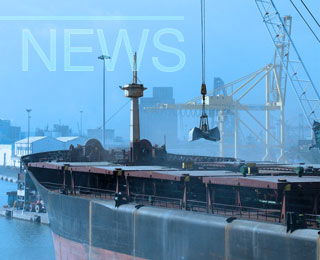Cement trade in the south of India has taken a jolt, as Kerala government apparently struck a gentlemen¹s agreement with the business community over plans to bury its double-point tax issue. Dealers in north Kerala have refused to take stocks from cement firms, practically bringing the stock flow to construction sector to a grinding halt from this week. Nine cement majors, including ACC, Dalmia, Chettinad Cements, India Cements and Madras Cements are suppliers to Kerala¹s buoyant construction business. Cement firms insist on only paying 10 per cent tax to state, leaving payment of five per cent to last-point sellers, sticking to the double-point tax system, legally valid in Kerala from April 1, 2004.
³Unless they go back to the earlier single-point tax system of shouldering the 15 per cent tax, we will have to turn our backs to buying stocks,² according to T Nasiruddin, president, Kerala Vyapari Vyavasayi Ekopana Samithi, the biggest retailers¹ body in the state. True to word, 452 cement dealers in two districts of north Kerala have already stopped replenishing stocks. ³Where companies like Hindustan Lever are co-operative, the cement majors are stubborn,² Mr Nasiruddin told reporters at the Financial Express.
Traders also allege that the cement industry¹s response smacks of cartelisation at a vulnerable time. In a meeting with business community last week, Kerala government is understood to have given them the word to revert the legislation with retrospective effect, in the next session of the assembly after the election period limitations are over. Kerala chief minister AK Antony, when asked of the agreement with traders, did not spell out the terms, but left telltale clues as to its real nature. ³State finance minister has pacified the traders. Details of the settlement will be clear after the election, as the assembly session starts,² he said, in reply to a question.
What gives complete credence to the position of cement companies is that they stand on legal bearings at present. But, considering the glut in the cement godowns that real estate sector in Kerala reports, pressing the spat might be unwise from a business point of view. The state absorbs 20 per cent of the cement produced in South. Out of the 21 items in the double-point taxation list, it was only the cement suppliers who were not game to the new unspoken pact.
